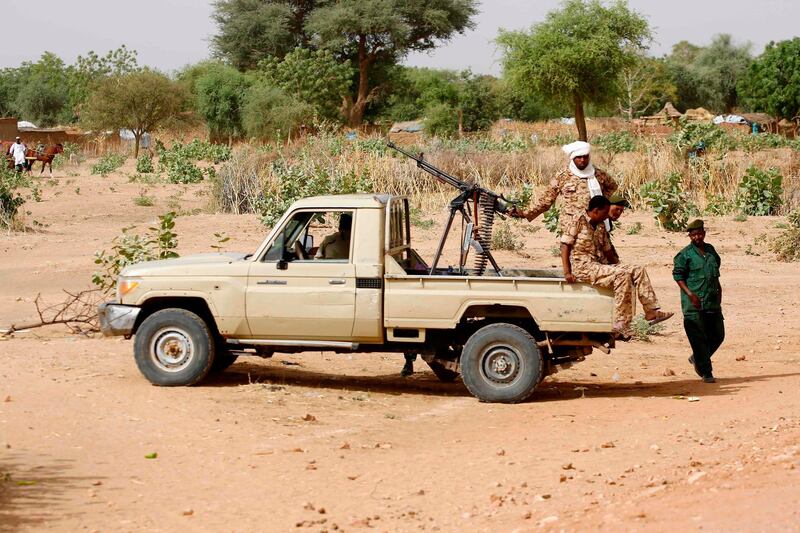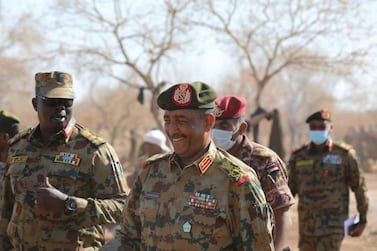Tribal violence in Sudan's restive West Darfur region at the weekend killed at least 83 people and wounded almost 200, authorities in Khartoum said on Sunday.
Clashes broke out in the provincial capital Genena on Saturday after a fist fight between two men, an Arab and an ethnic African, AP reported.
The Arab man was stabbed to death and his family, from the Rizeigat tribe, attacked non-Arab residents in Jabal village in retaliation, it said.
The violence continued on Sunday, authorities said, before it eased later in the day.
The dead included a US citizen, Saeed Baraka from Atlanta, Georgia, who was in Sudan visiting family, his wife Safiya Mohammed told AP.
Baraka was killed when he rushed to the rescue of a neighbour. He was shot in the head.
Local authorities on Saturday imposed a round-the-clock curfew throughout West Darfur.
The local branch of a doctors’ union appealed for medical workers from elsewhere in Sudan to rush to Genena and help to treat the wounded.
They complained that the region’s medical centres were inadequate, with staff overwhelmed by the large number of cases and shortage of supplies. Most of the dead and injured sustained bullet wounds.
The violence came two weeks after the UN Security Council voted to end the mandate of the joint UN-African Union peacekeeping force in Darfur.
The force, established in 2007, was expected to complete its withdrawal by June 30.
The violence underlines the formidable challenges facing the vast nation as it deals with a bumpy transition to democracy after three decades of authoritarian rule under Omar Al Bashir.
It also raises the question of whether the transitional administration in Khartoum is capable of enforcing peace in corners of the impoverished nation of 40 million people.
Darfur in the 2000s experienced a large-scale rebellion by ethnic Africans who demanded equality and a larger share of national resources.
The rebellion left more than 300,000 dead and displaced about 2 million.
And although the violence there has eased, the root causes of that rebellion remain potent, with little hope for the hundreds of thousands of displaced to return to their homes soon.
Displacement camps are often attacked by militias at times of tension between the two ethnic groups.







